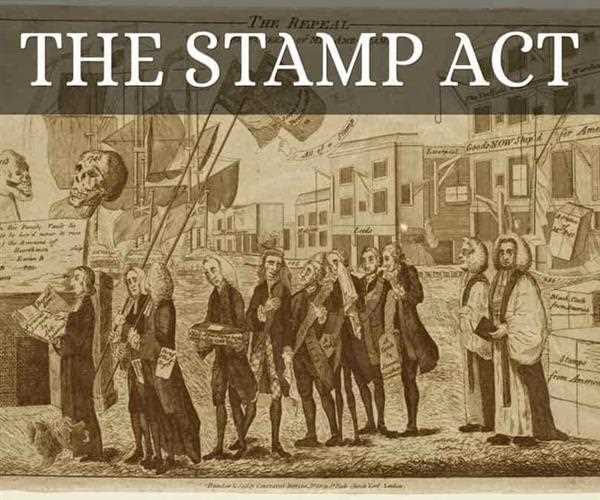*Stamp Act*

"No imposing taxes without any political benefit!" was the cry. The pilgrims were not only complaining about the Sugar Act and the Stamp Act. They proposed to put activities behind their words. One thing was clear — no settlement acting alone could viably pass on a message to the ruler and Parliament. The interests of Parliament by the individual governing bodies had been disregarded. It was James Otis who proposed an intercolonial gathering to concede to an assembled strategy. With that, the STAMP ACT CONGRESS met in New York in October 1765.
The Congress appeared at first to be a servile disappointment. In any case, just nine of the states sent agents. Georgia, North Carolina, New Hampshire, and the exceptionally essential Virginia were absent. The Congress turned out to be immediately separated amongst radicals and conservatives. The conservatives would hold influence right now. Just an outrageous few had confidence in more grounded measures against Britain than articulating the rule of no tax imposition without any political benefit. This turned into the soul of the STAMP ACT RESOLVES. The Congress modestly recognized Parliament's entitlement to make laws in the provinces. Just the issue of tax assessment was questioned.
Provincial and individual contracts as of now surfaced. A delegate from New Jersey raged out amid the procedures. The leader of the Congress, TIMOTHY RUGGLES of Massachusetts, declined to sign the Stamp Act Resolves. At last, in any case, the soul of the Congress won. Each pilgrim council aside from one affirmed the Stamp Act Resolves.
At last, the broad blacklists sanctioned by singular pioneers without a doubt accomplished more to secure the annulment of the Stamp Act than did the Congress itself. In any case, the motion was critical. Out of the blue, despite seemingly insurmountable opposition, regarded delegates from varying states sat with each other and occupied with vivacious open deliberation. They found that from various perspectives they had more in like manner than they initially had an idea. This is a speculative however basic advance toward the solidarity that would be important to pronounce strikingly their autonomy from mother England.
Cheers!